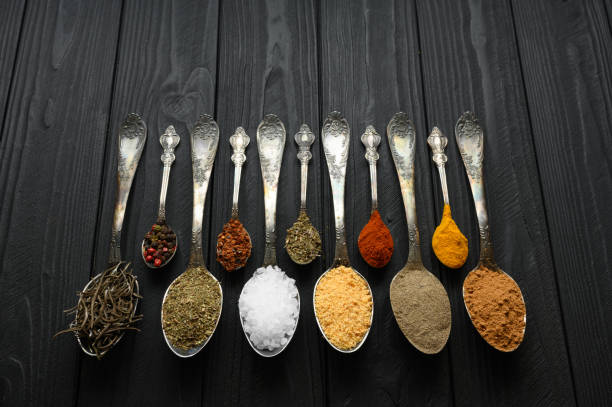
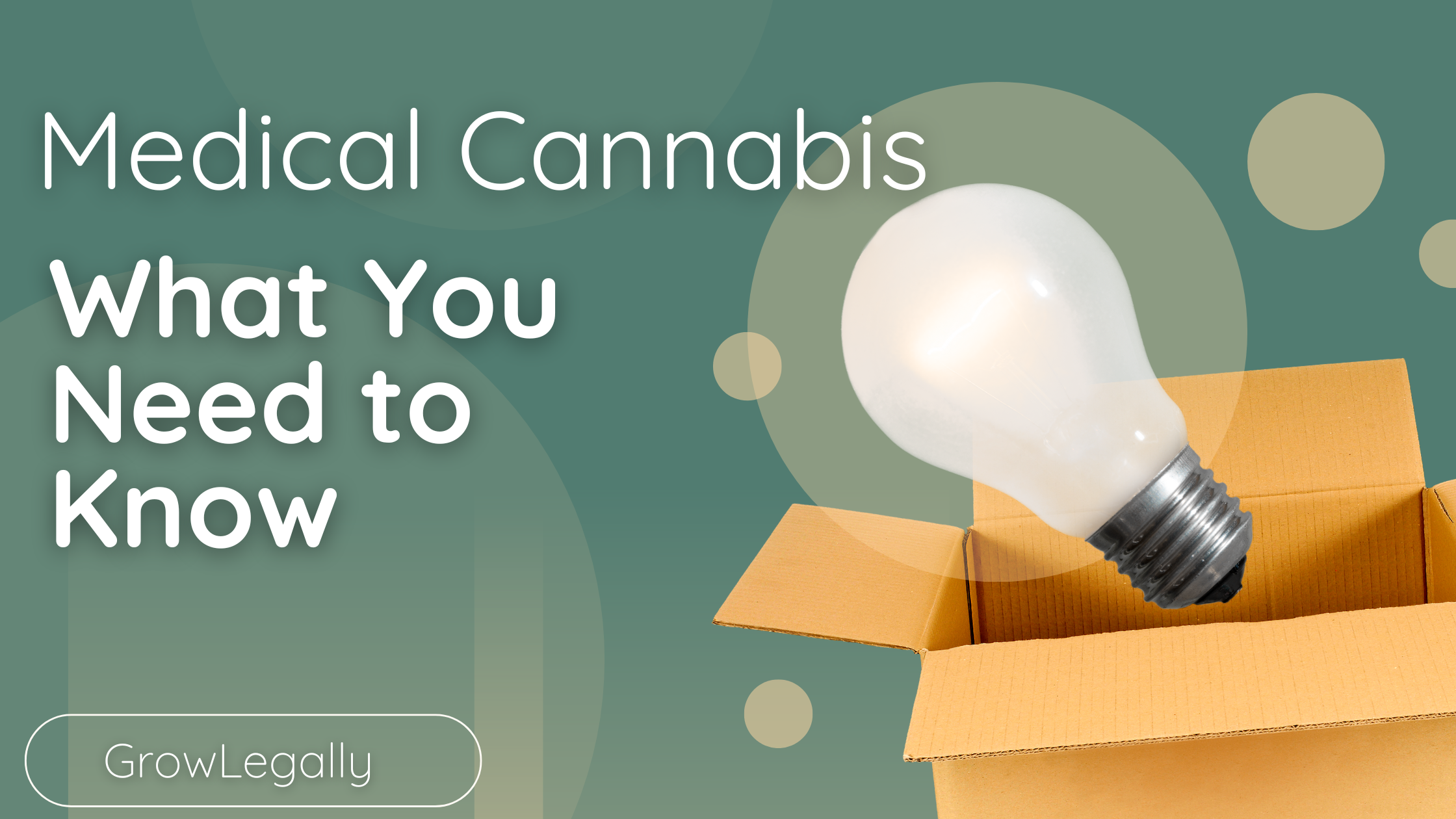
Medical Marijuana - What You Need to Know
Marijuana is known to have a variety of medicinal properties that make it excellent as a relaxant and antidepressant. Over time, research into cannabinoids—the active compounds in cannabis—has shown why patients with chronic pain, anxiety, seizures, or sleep disorders report meaningful relief. In Canada, this access is regulated through Health Canada, and patients can either register with a Licensed Producer (LP) or apply for a personal or designated grow licence to cultivate their own cannabis plants at home.
Licensed Producers are federally regulated companies that grow and distribute cannabis to patients who hold a valid prescription. Each LP is subject to Health Canada oversight and accountability, including inspections and strict compliance requirements to ensure cannabis is safe, consistent, and properly labelled. For many patients—especially those who cannot grow marijuana plants at home—LPs provide the safest and most reliable option. At GrowLegally, we’ve helped patients complete LP registration at no additional cost when setting up their medical cannabis file.
The importance of clinical trials and studies cannot be overstated. Health Canada and international researchers continue to expand the evidence base for medical cannabis, ensuring treatment decisions are backed by both patient experiences and scientific data. THC (tetrahydrocannabinol) has been studied for its role in reducing pain, nausea, and muscle spasms, while CBD (cannabidiol) is being investigated for anxiety, seizure disorders, and inflammation. Research into other cannabinoids like CBN and CBG suggests promising benefits for sleep and neuroprotection. This growing body of research gives practitioners confidence when authorizing medical cannabis in Canada.
The type of cannabis—whether indica, sativa, or hybrid—along with the balance of cannabinoids and terpenes, helps patients personalize their treatment. Veterans coping with PTSD, for example, may prefer CBD-rich or indica-leaning options (see veteran support here), while patients struggling with fatigue or low mood may benefit from sativa-dominant strains.
In addition to purchasing through LPs, some patients choose to grow their own medicine. A personal or designated grow licence under Health Canada’s ACMPR framework allows you to cultivate cannabis plants in line with your prescription. If you’re unable to grow yourself, you may also designate a person to grow for you, ensuring continuity of care. This has been a vital option for patients managing severe conditions who rely on cannabis oils, capsules, or topicals prepared for them.
While recreational cannabis has been legal since 2018, medical cannabis patients have additional rights and protections. These include higher possession limits, eligibility for a personal or designated grow licence Canada, and the ability to claim their medicine as a medical expense. Whether you choose to register with a Licensed Producer, grow your own plants, or designate someone to grow for you, accessing medical cannabis Canada legally ensures safety, accountability, and peace of mind.
If you’re wondering how to get medical marijuana in Canada, start with a medical marijuana consultation Ontario-wide. Patients can connect with a medical cannabis clinic Toronto or in any province, obtain their prescription, and then decide whether to register with an LP, apply for a personal or designated grow licence, or combine both. GrowLegally has supported thousands of patients, including veterans and civilians, with compassionate guidance through Health Canada’s regulated process. To explore whether a medical cannabis grow licence, a designated grower, or Licensed Producer registration is best for you, visit our Medical Cannabis Clinic today.
Previous Post
Next Post

Storing Medical Cannabis – Learn how to properly store your cannabis and keep its potency strong.
Go To Post
Before Acquiring Medical Marijuana, Here Are 2 Questions That Your Doctor Is Likely To Ask You (Plus a Bonus One!)
Go To Post

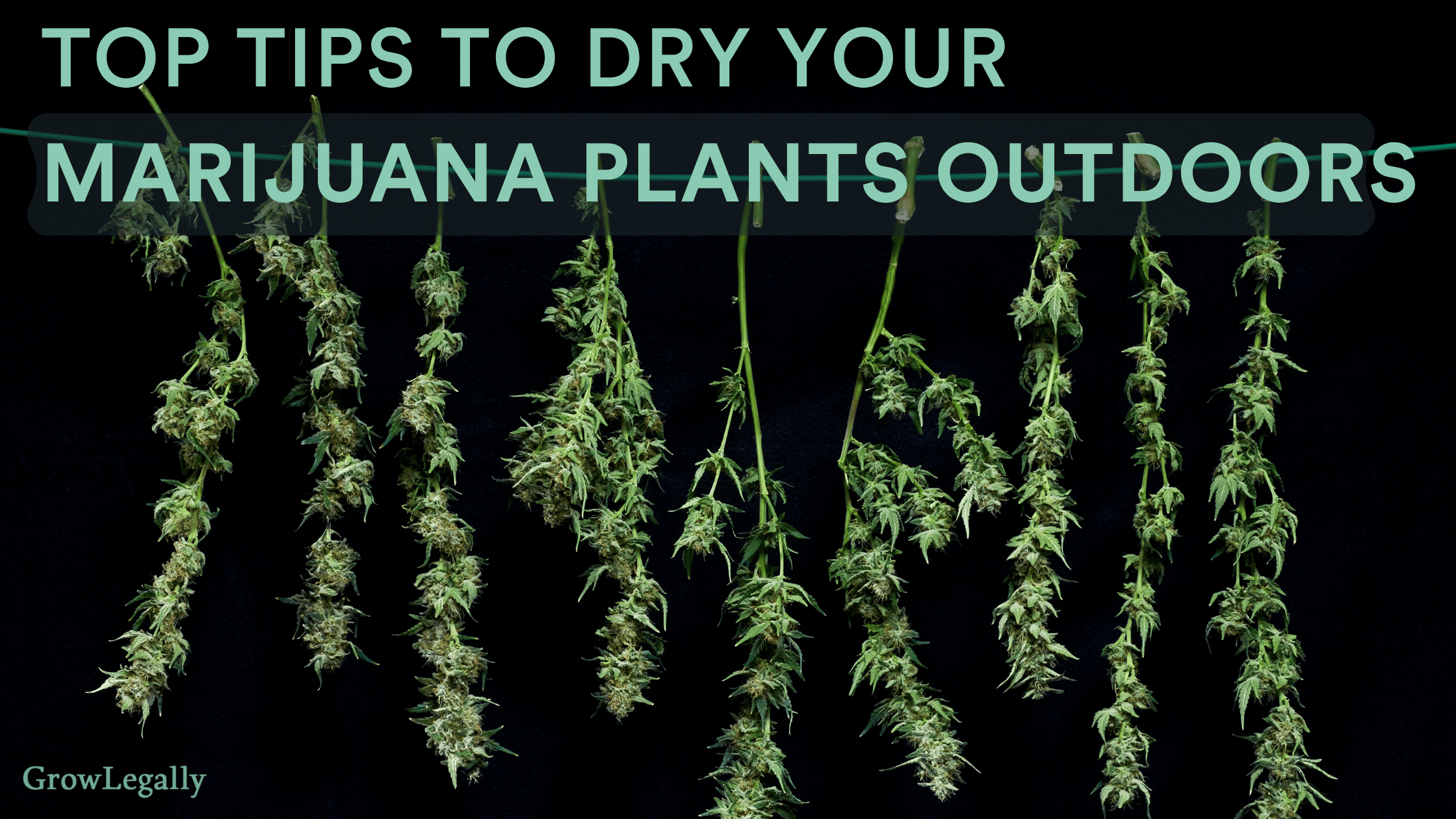
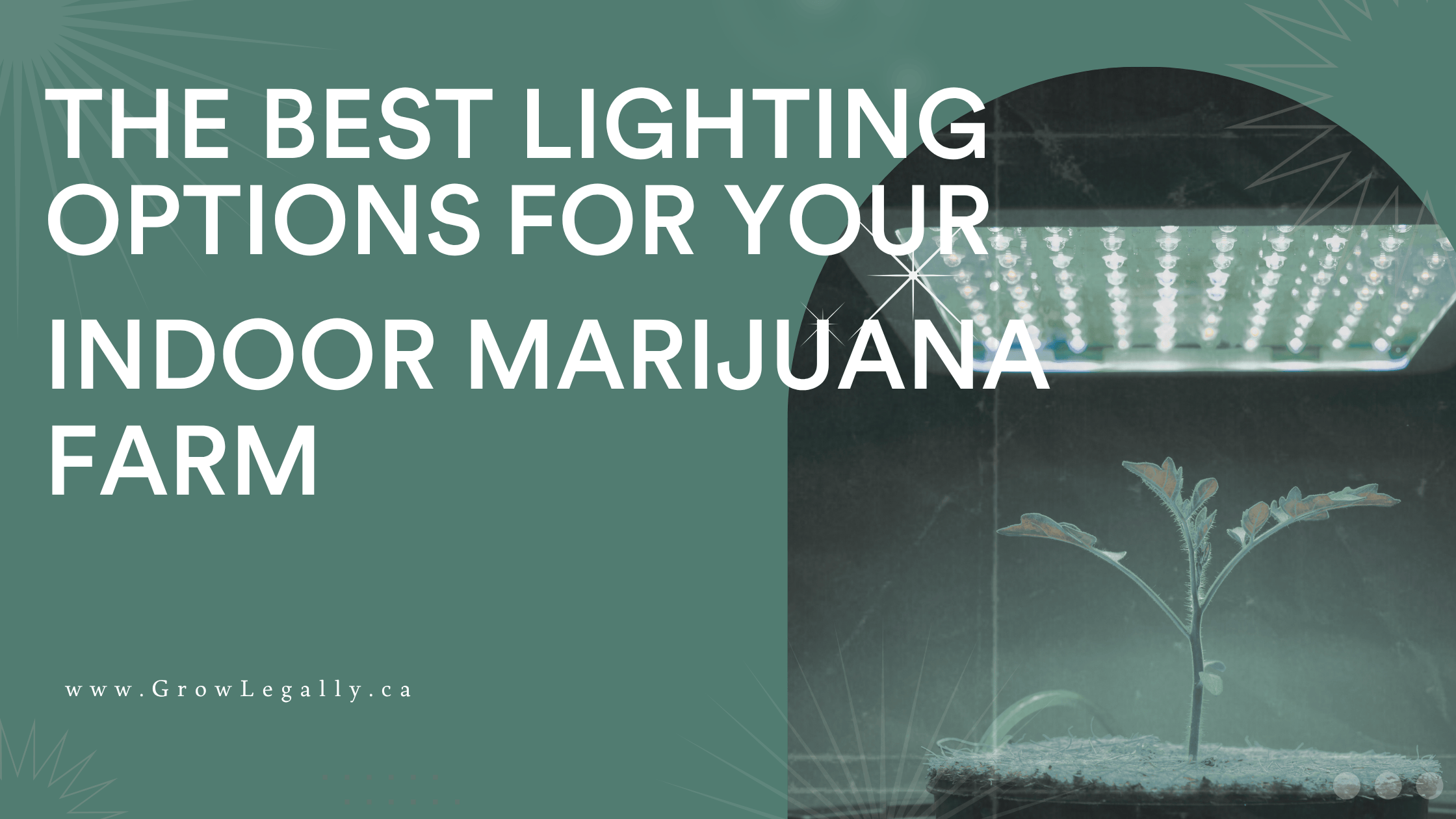
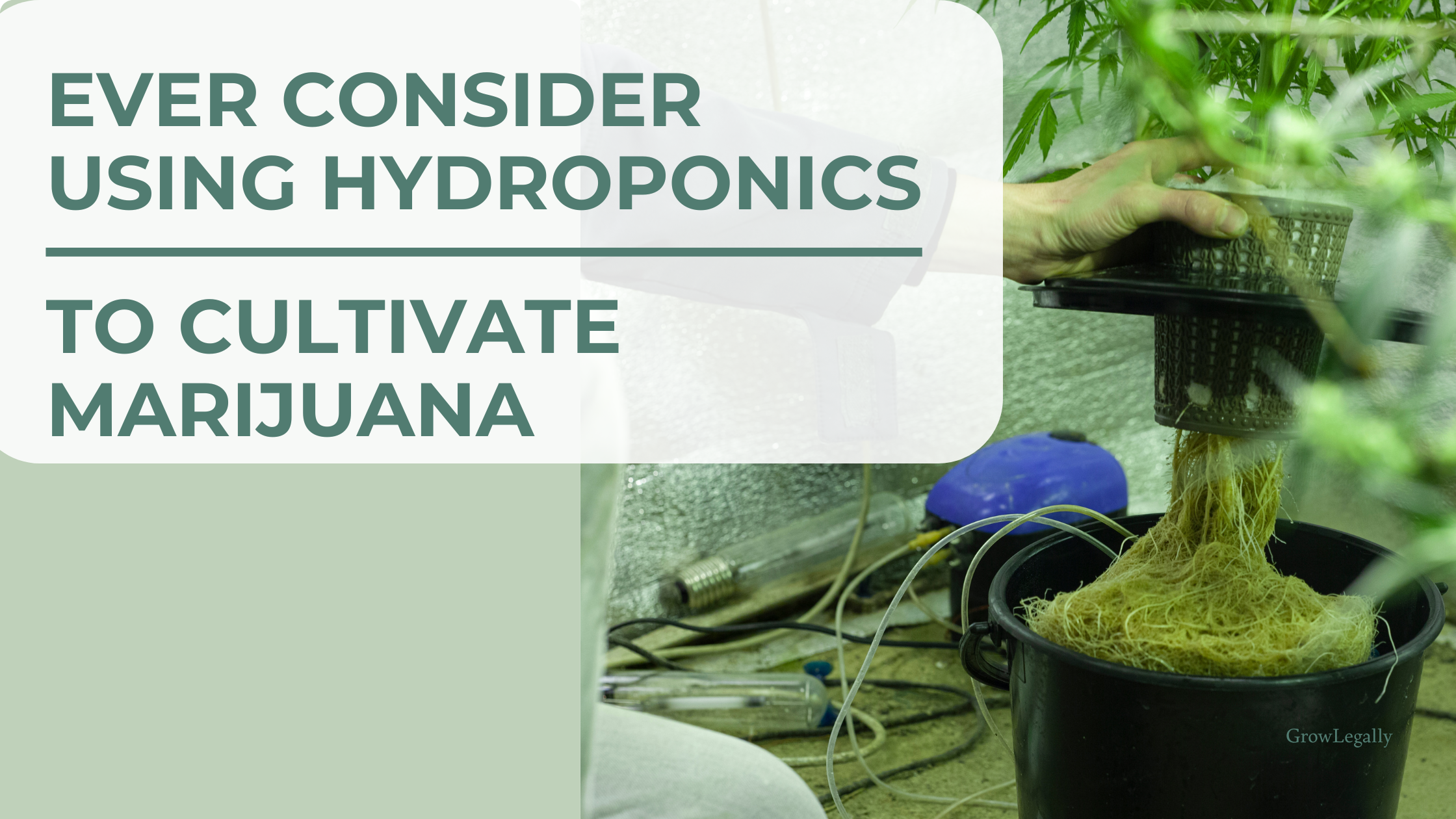
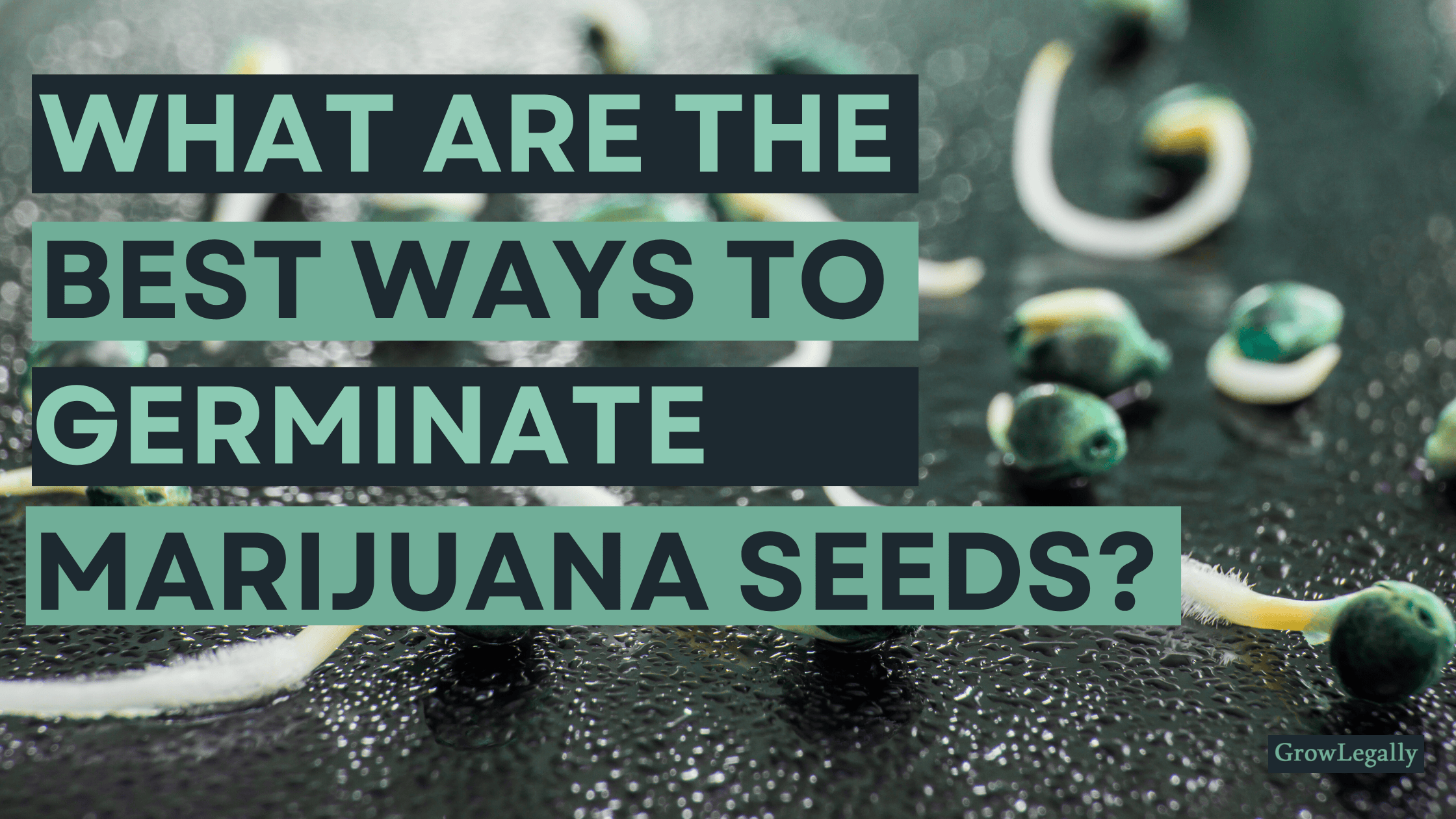
.png)
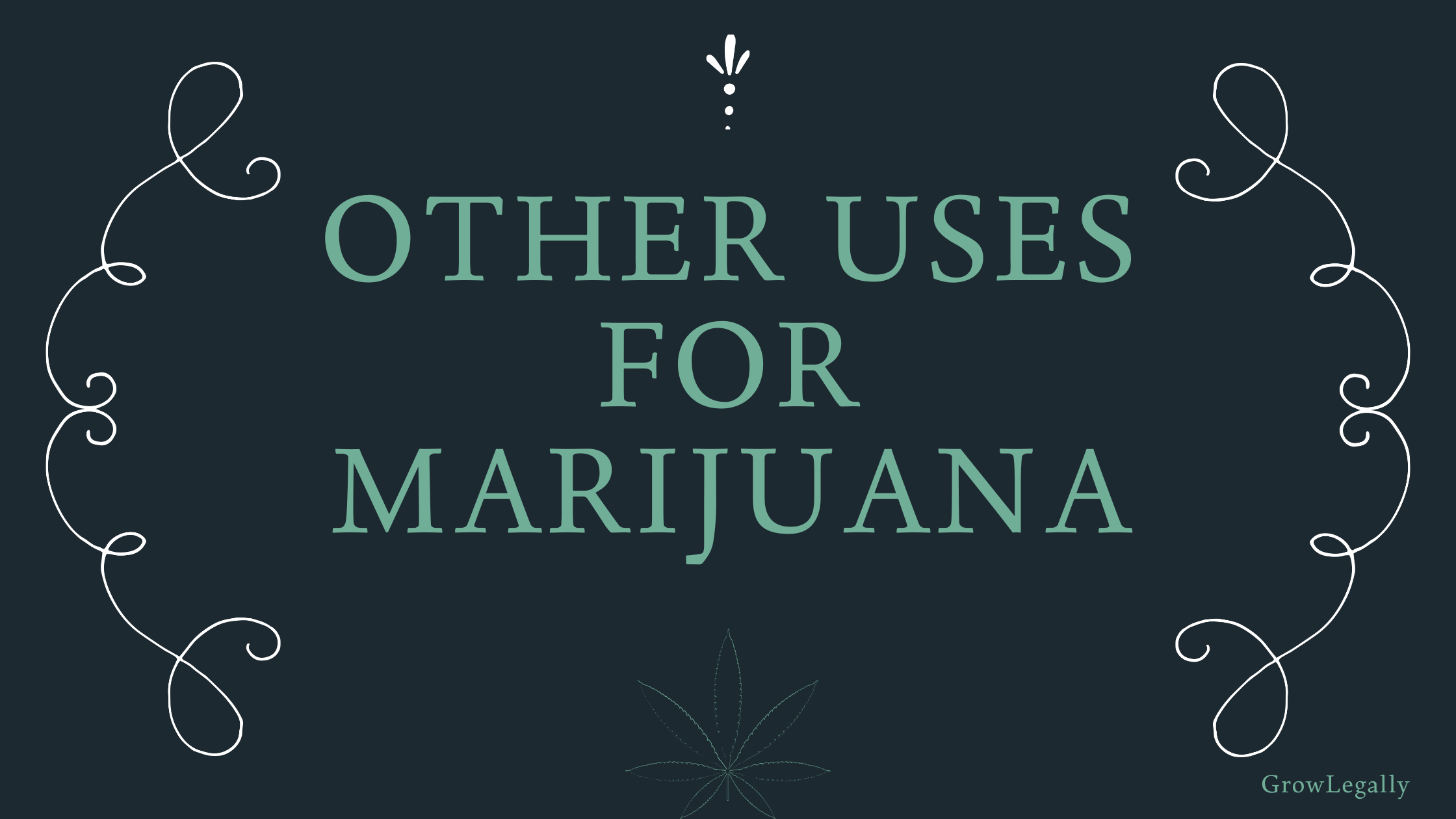

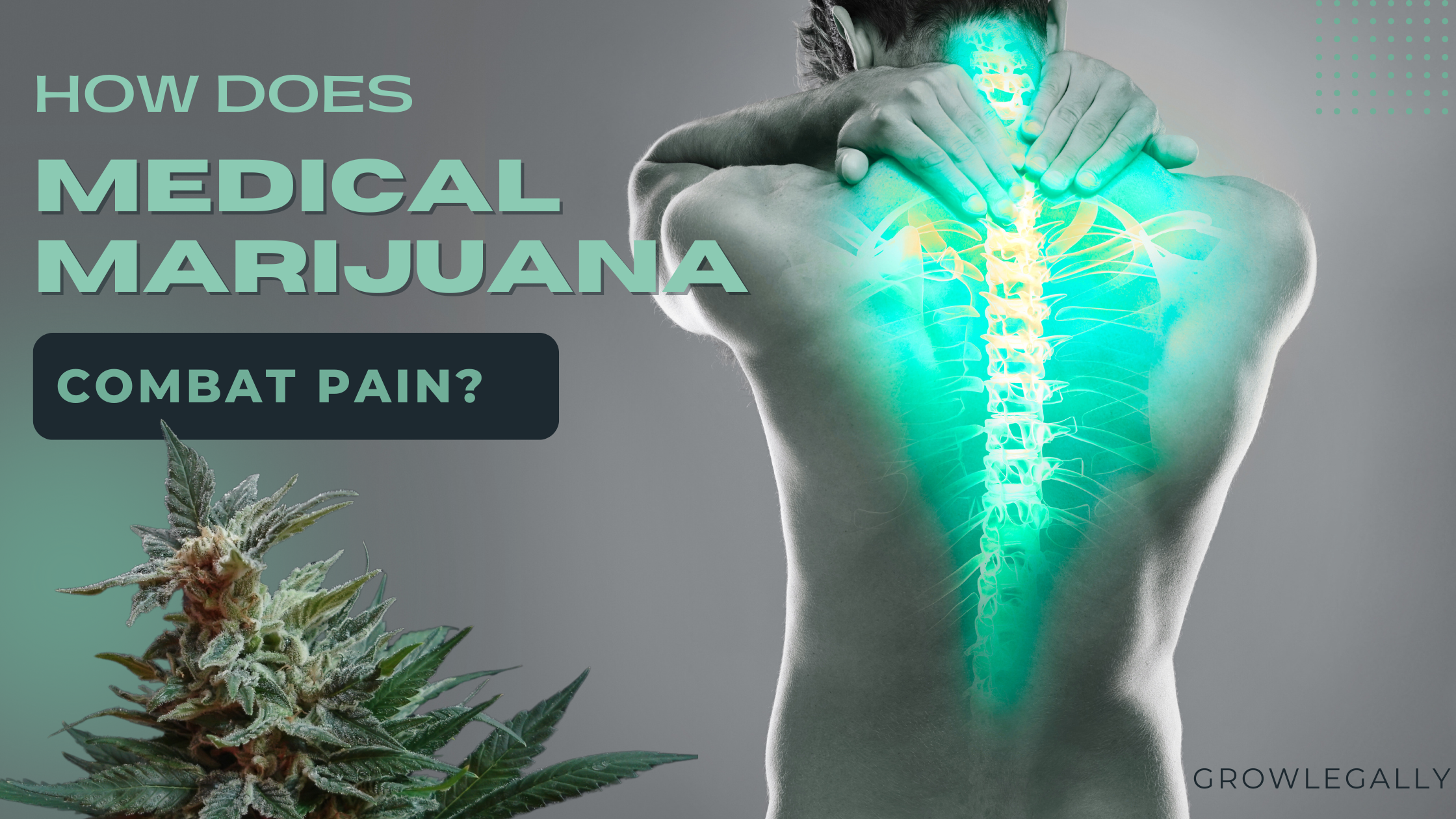
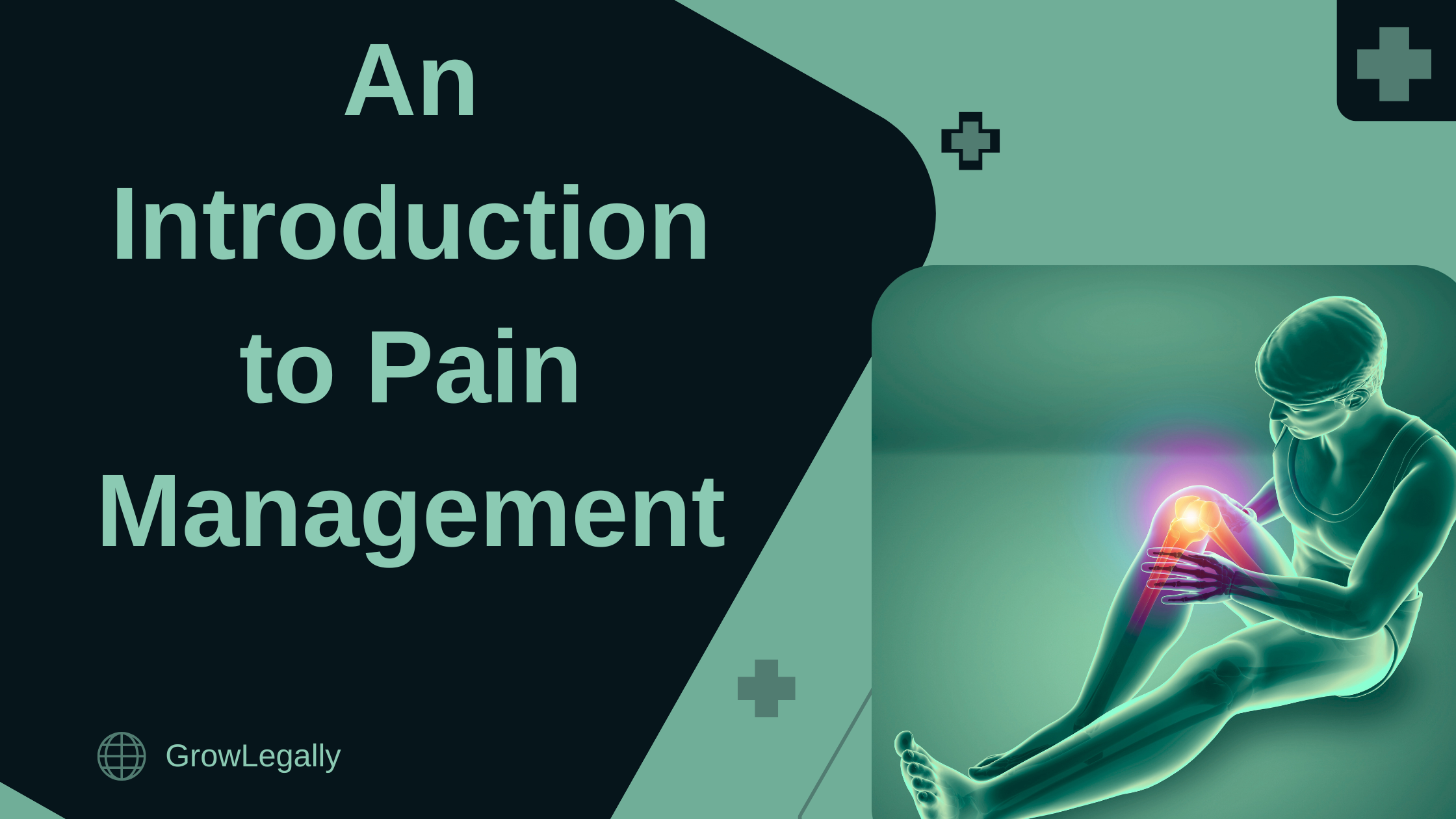

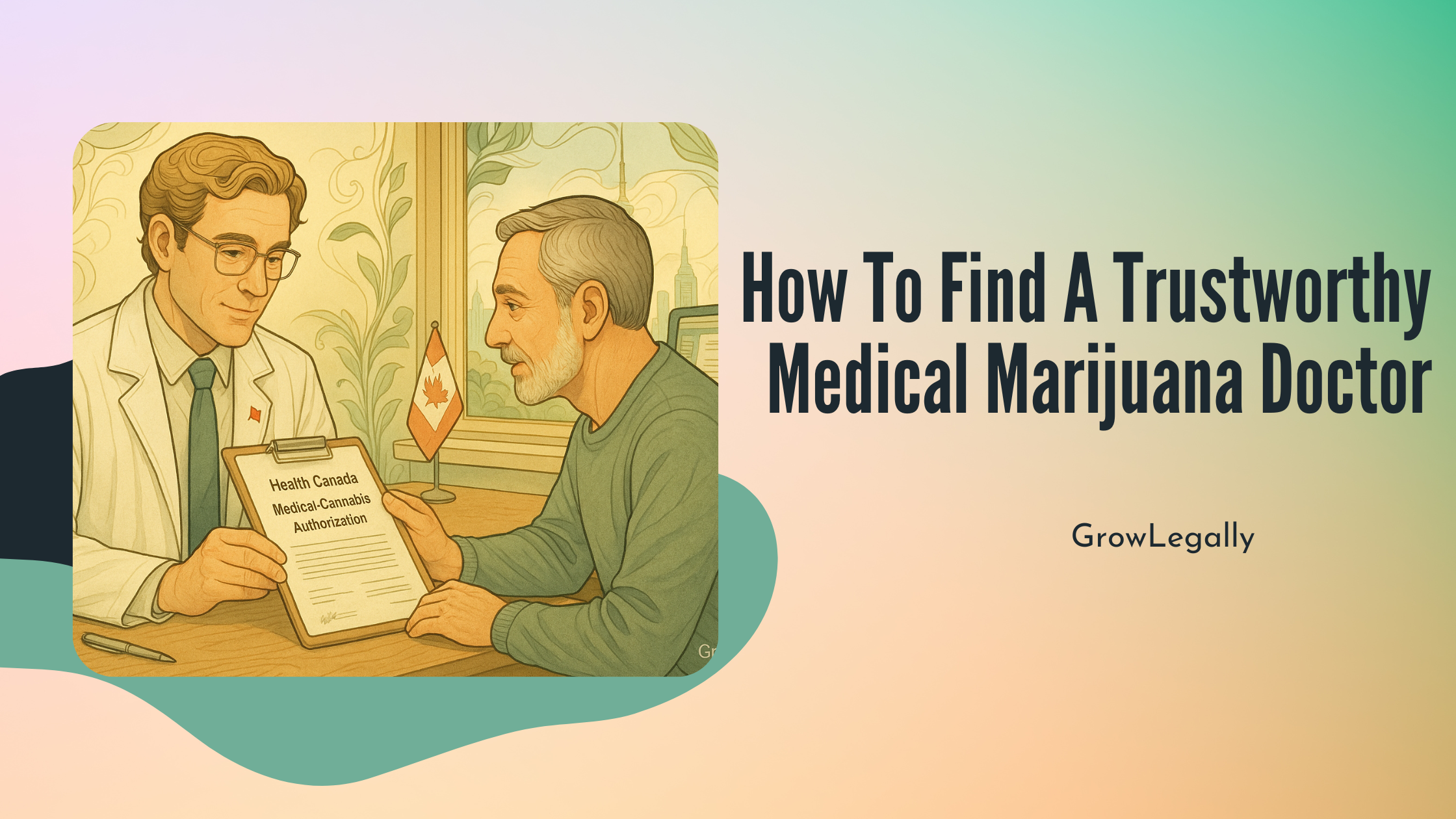
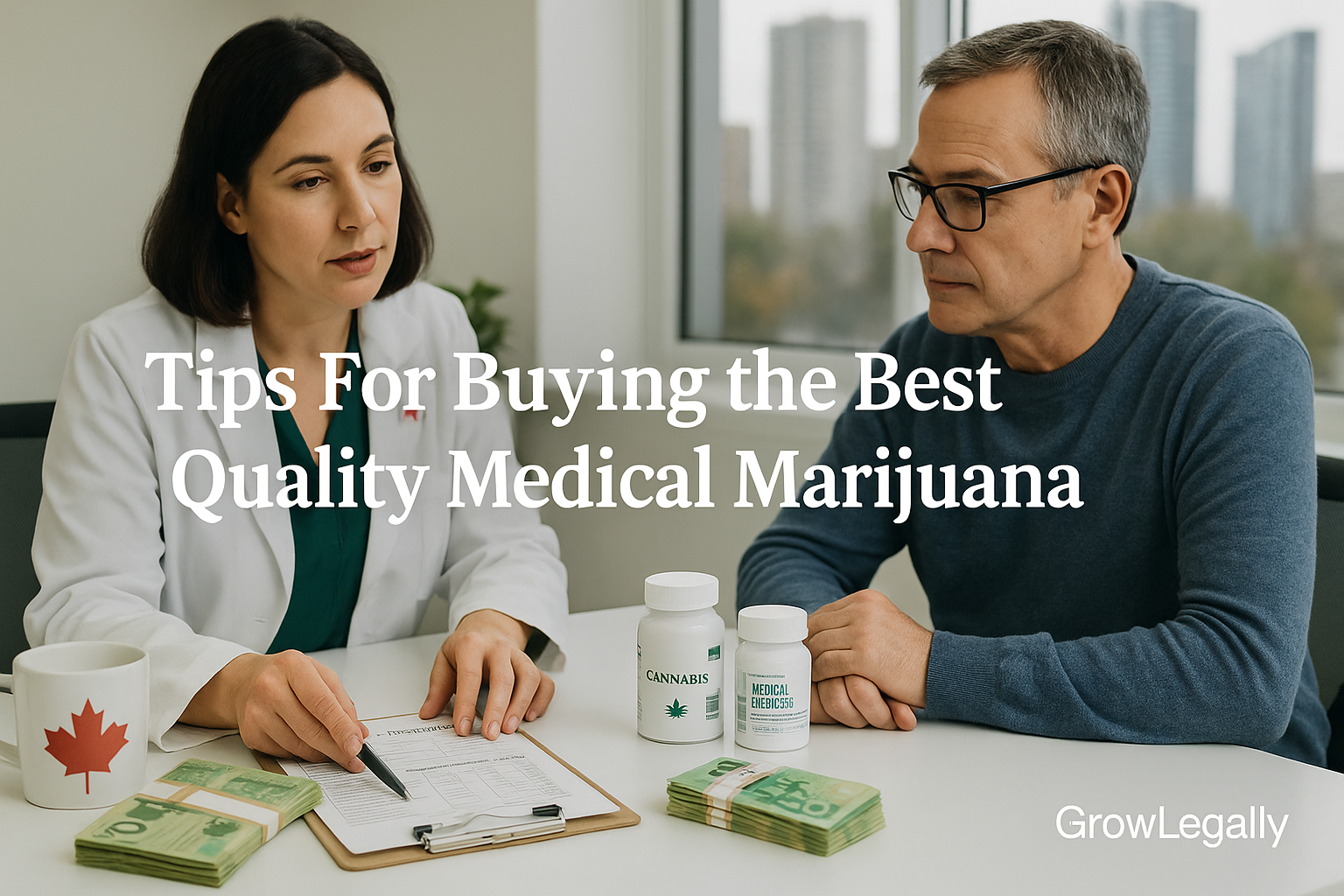
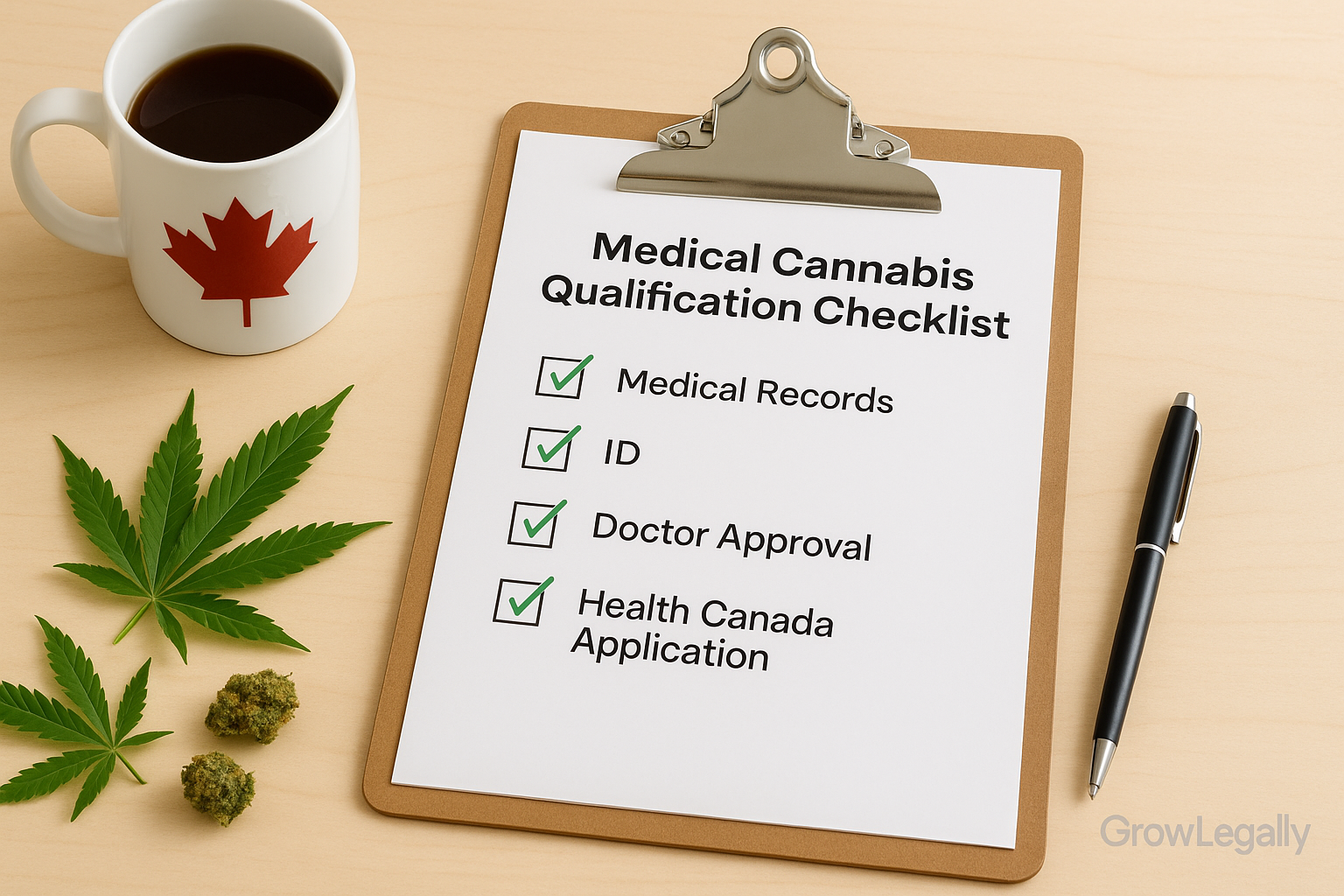
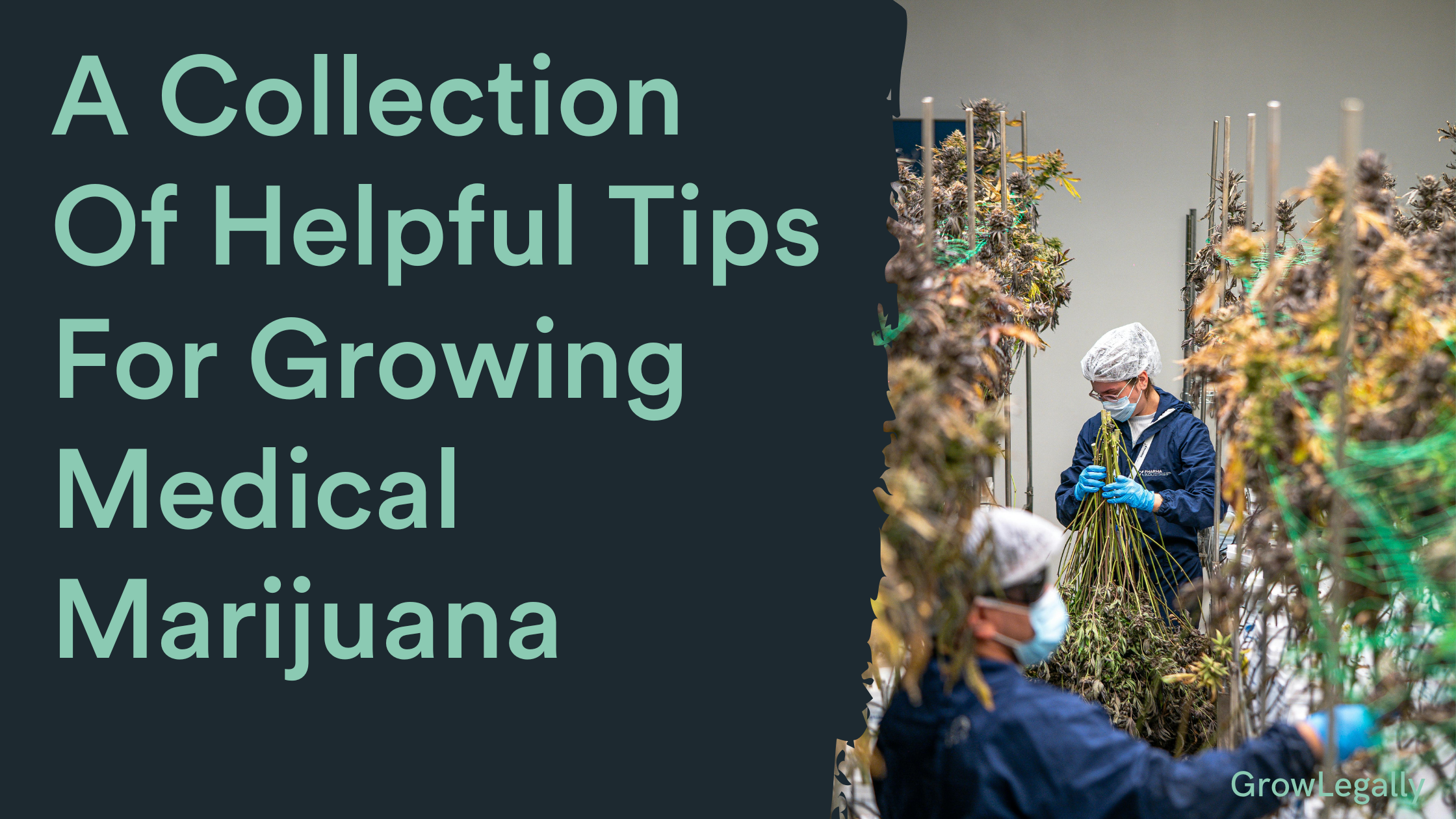
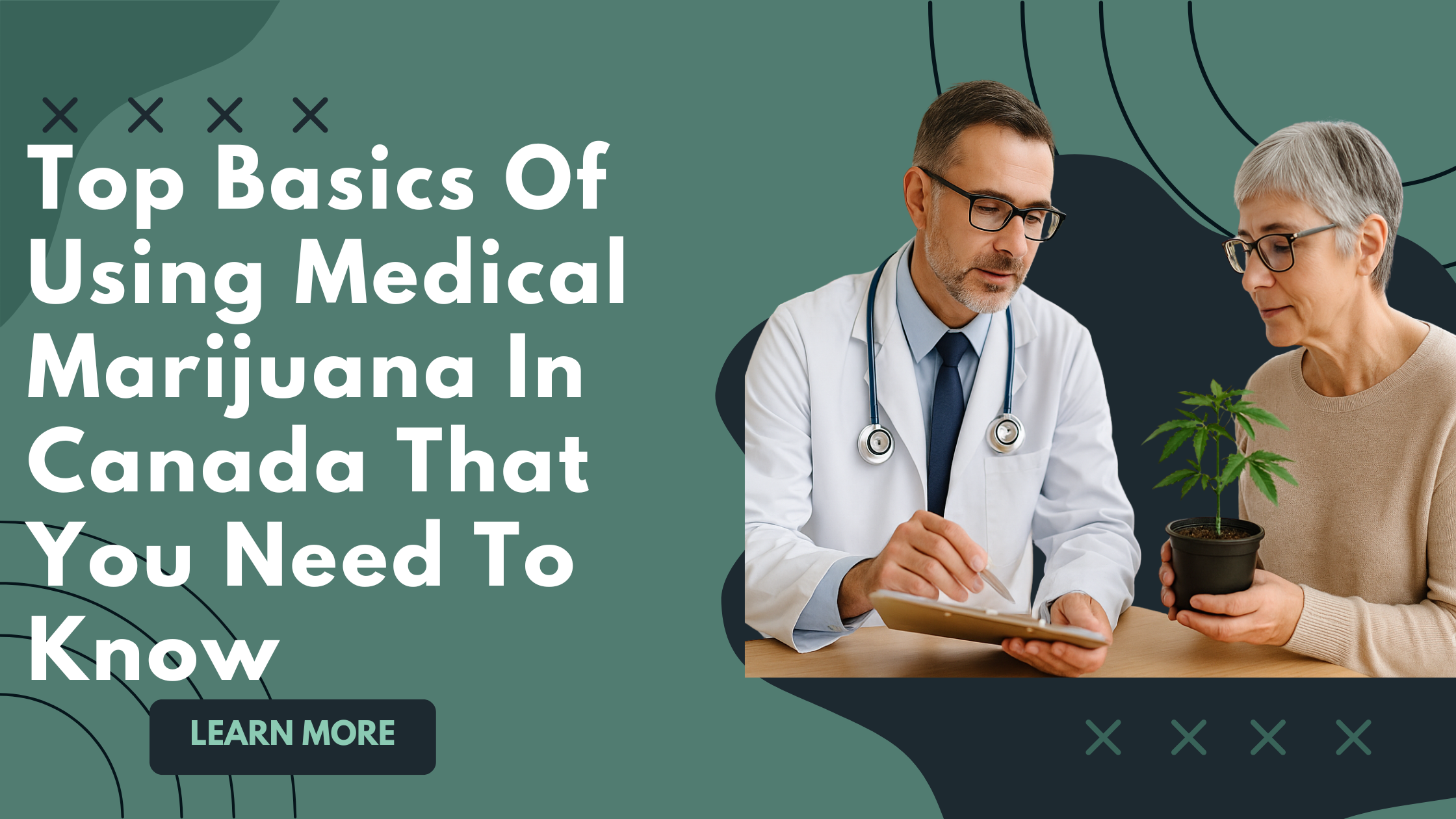
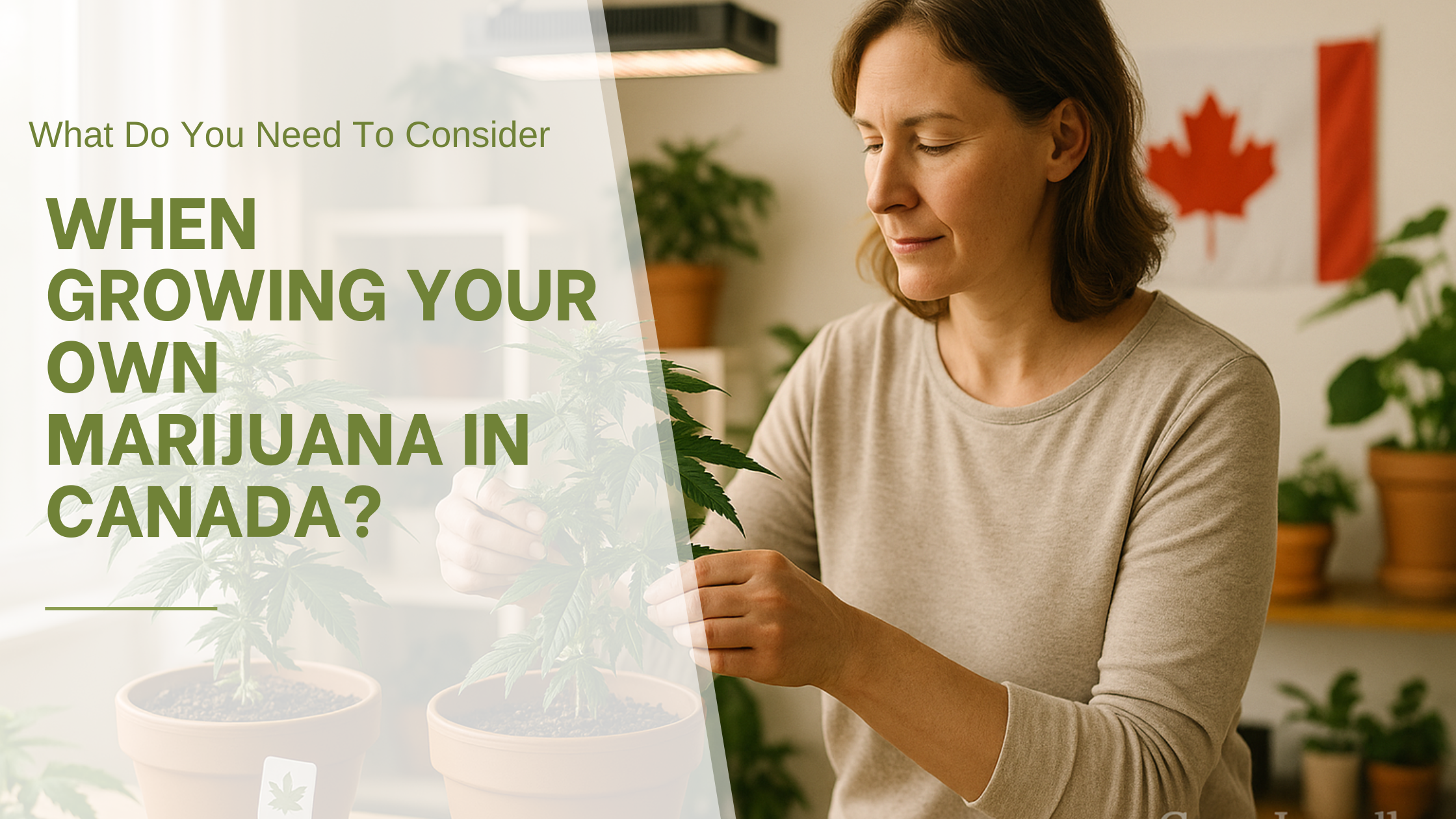


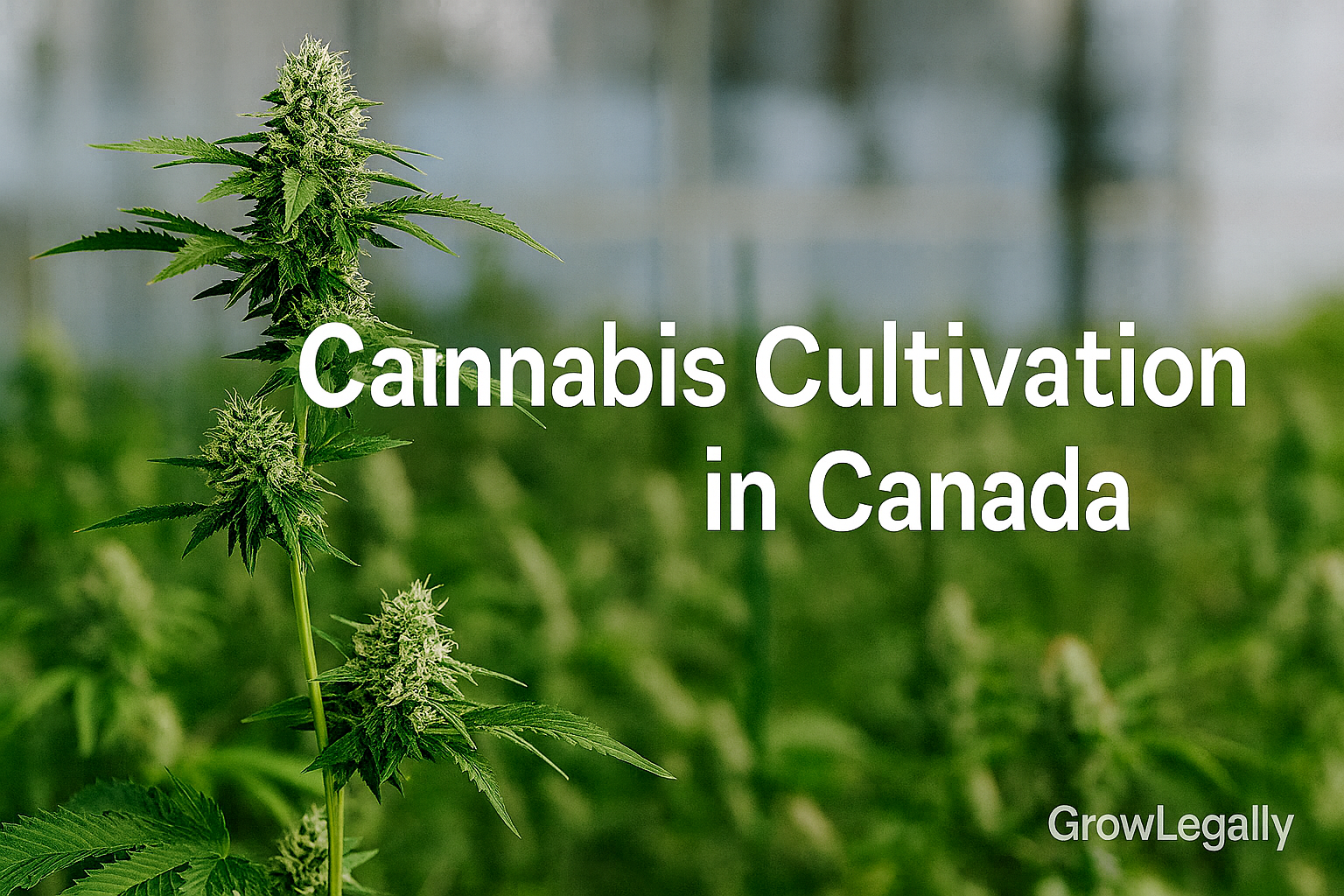
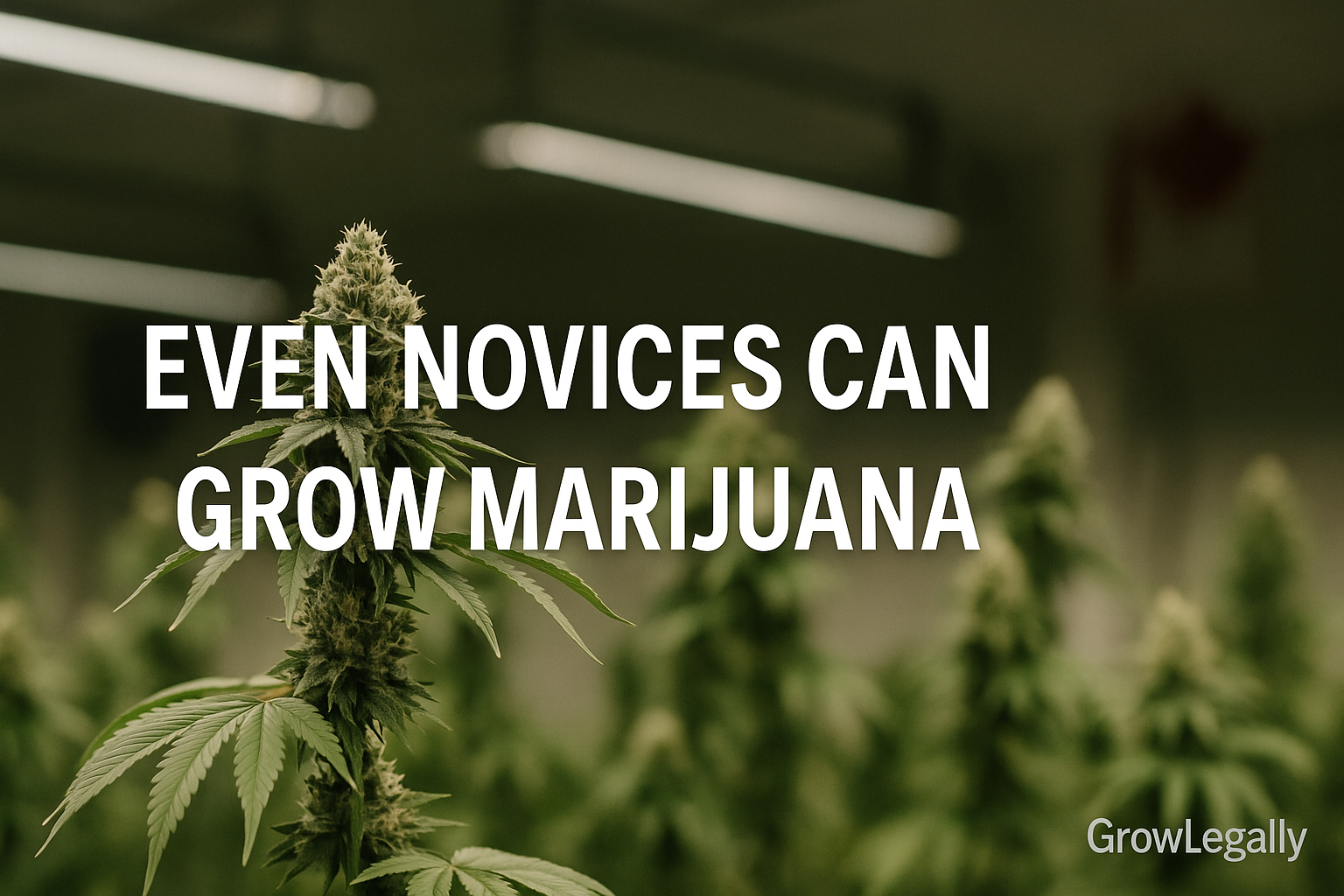


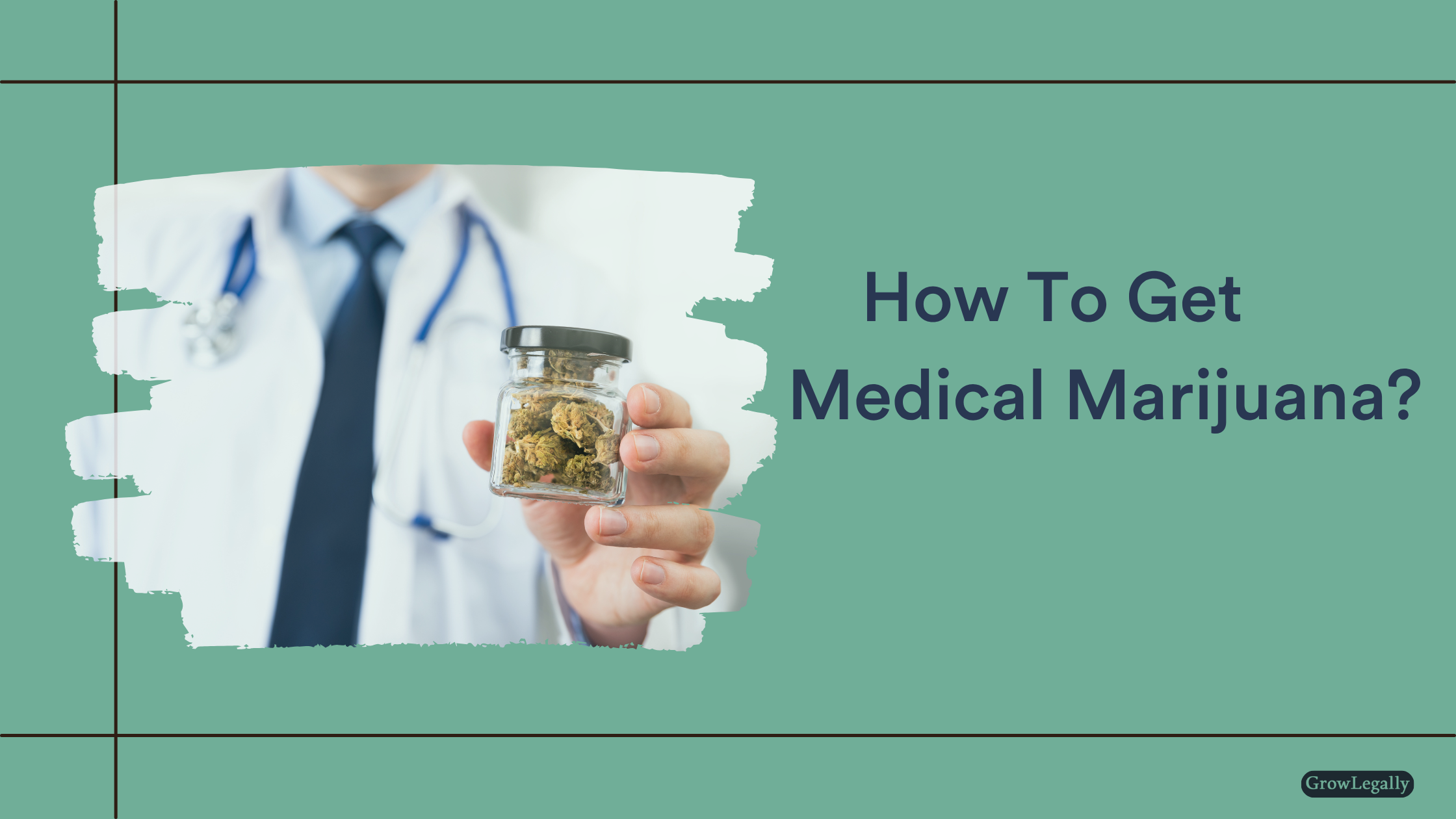

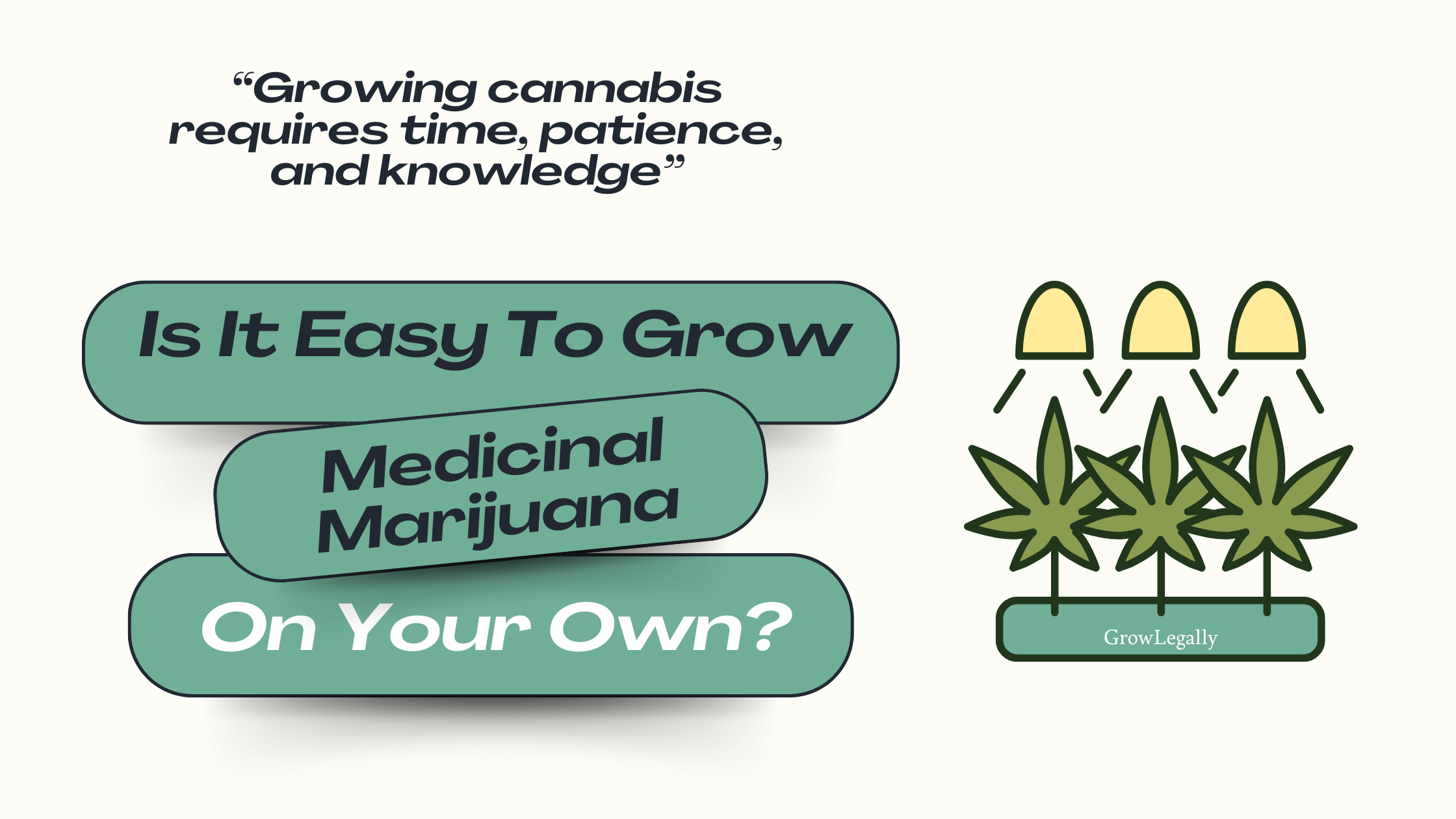
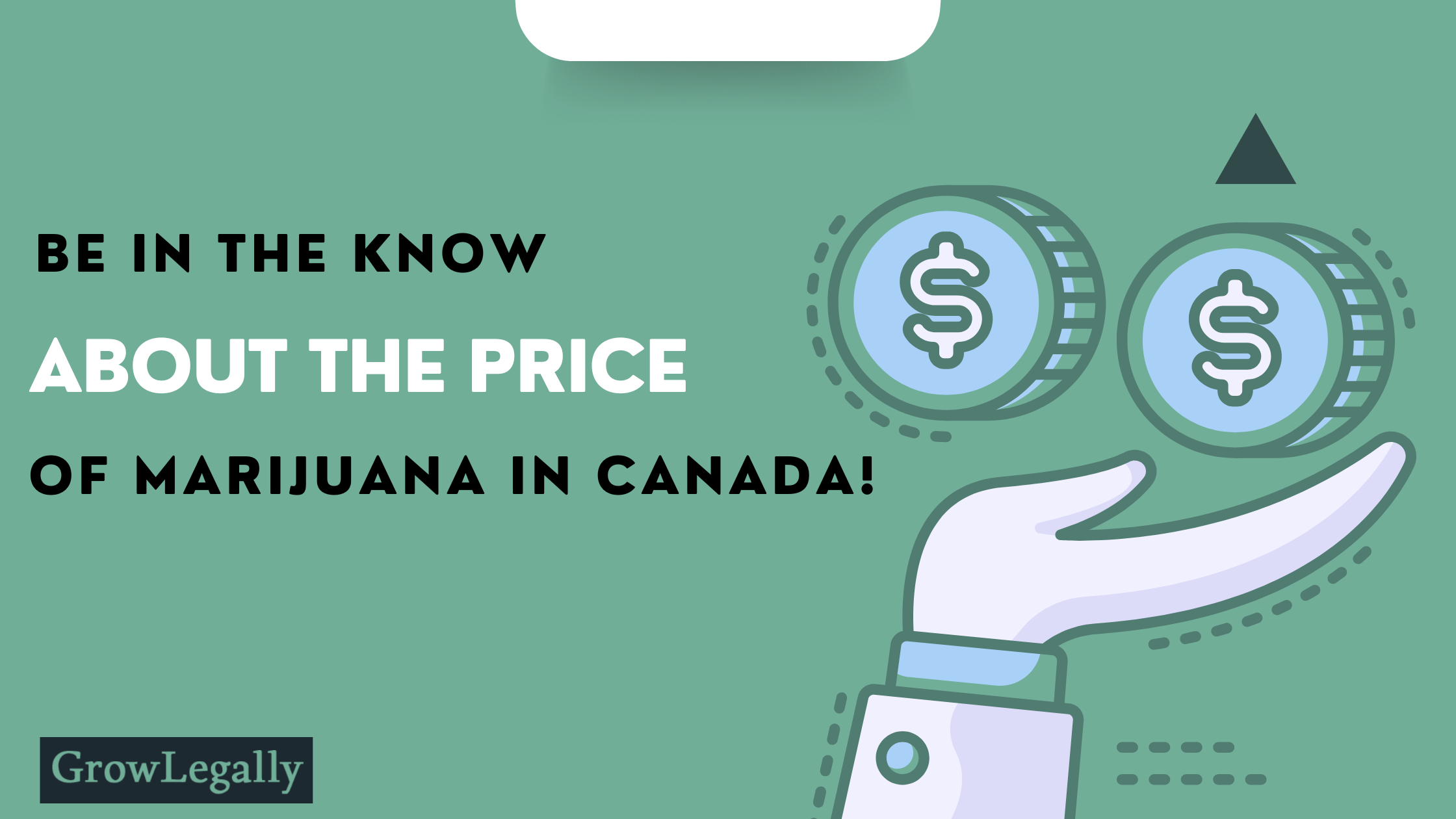





















.png)

















































.png)
















